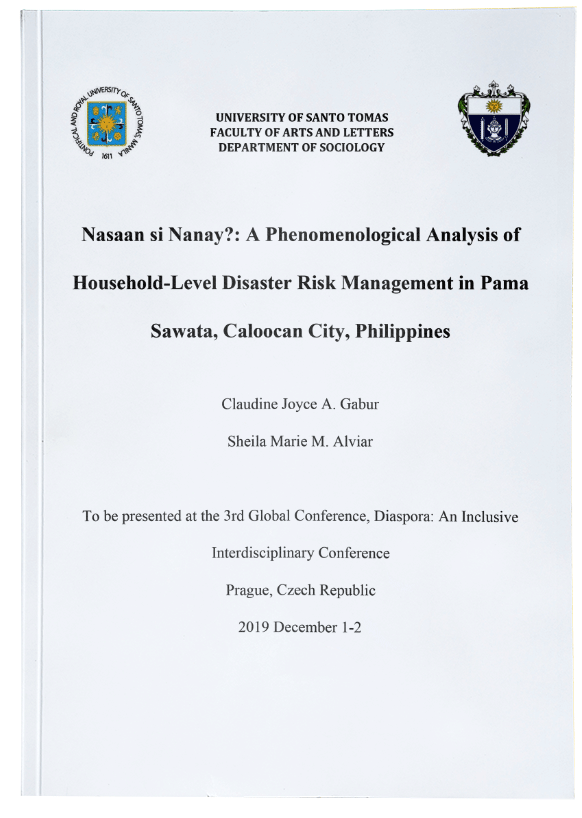Climate Trouble: Women in Coastal Communities in the Philippines Respond to Climate Changes
Enter Description Asset Type: Publications Collection: Other Philippine Publications Subject: Environment, Climate Change, Environmental Disasters, Gender, Gender Roles, Health, Households, Livelihoods Author: Soledad Natalia Dalisay Publisher: Diliman Gender Review Publication Date: 2018




